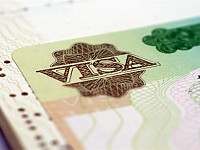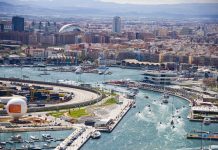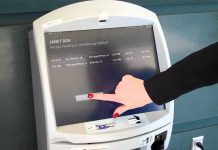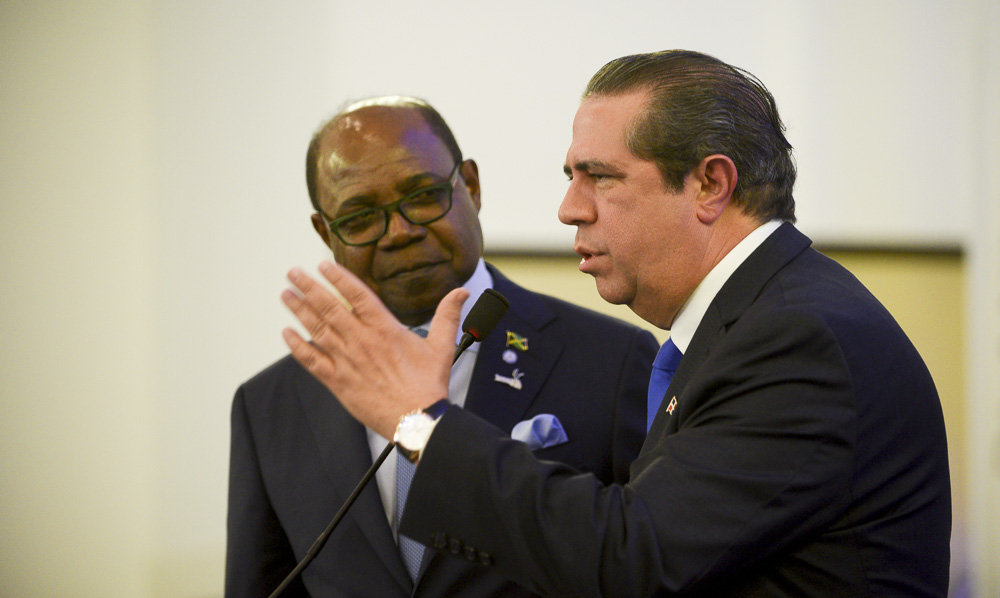
Strong progress has been made through visa facilitation in recent years, especially by implementing policies of visa on arrival. These are the findings of the Visa Openness Report by the UNWTO, confirming that the policy makers are more aware of how visa facilitation positively impacts tourism and the growth of the economy.
Reports suggest that 62% of the population of the world in 2014 were required traditional visa before their departure, which is down from the 77% in the year 2008. Similarly, 19% (17% in 2008) of the population of the world could visit their destination without any visa, whereas 16% (6% in 2008) of travelers received visas on arrival.
The report also determined that “visa on arrival” has been the most significant measure implemented. In the past 4 years, over half of the improved facilitations made have been from “visa required” to “visa on arrival”.
UNWTO Secretary General, Taleb Rifai, said that job creation in the tourism sector and economic growth is being stimulated due to the visa facilitation. He said that although more improvement is required, they were pleased to see that many governments are working towards it.
While Europe and the Middle East have restrictive policies, countries in Asia, Americas and Pacific have been working on visa facilitation. The most open regions to easing the visa process have been East Africa, Caribbean, South-East Asia and Oceania, as emerging economies are more open compared to the advanced ones.
Mr. Rifai added that the tourist arrival numbers by 2030 would be close to 1.8 billion, and travelers will be attracted by easier visa procedures, especially the ones from the countries of India, Brazil, China and Russia.
G20 economies could increase the number of international tourists by 122 million, create over 5 million jobs and generate extra US$ 206 billion in tourism exports by improving their entry formalities and visa processes, as suggested by the research of UNWTO and WTTC. Similar research done by ASEAN and APEC countries shows that visa facilitation could create 2.6 million jobs in APEC and 650,000 jobs for ASEAN.











